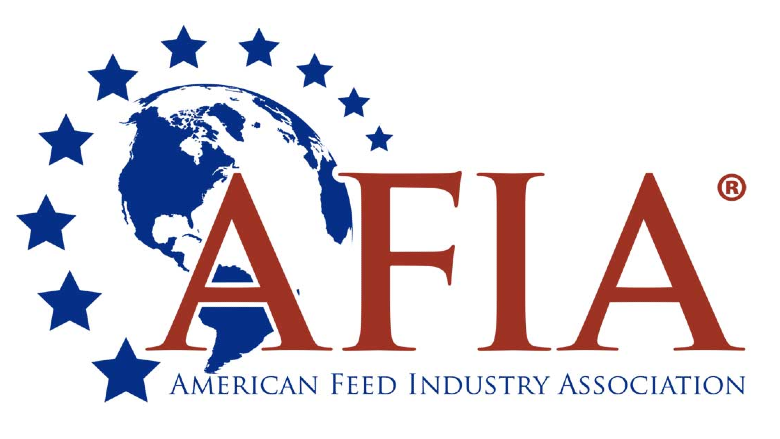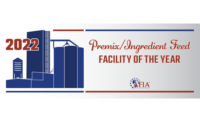The American Feed Industry Association (AFIA) is commending several U.S. senators for introducing the Innovative Feed Enhancement and Economic Development Act of 2023 (or Innovative FEED Act), which would amend the Federal Food, Drug and Cosmetic Act to establish a regulatory pathway for a new category of animal food substances that act solely within animals’ gut microbiomes or in the feed they are digesting to provide nonnutritive benefits.
Upon introduction of the bill, AFIA President and CEO Constance Cullman said:
“Our industry is bringing forward innovative animal food solutions to benefit animal health, human food safety and the environment, and now, thanks to the leadership of several Senate leaders, we have the legislative solution needed to provide a modernized regulatory pathway to meet marketplace demands. We fully support the Innovative FEED Act and hope Congress will quickly approve this bill, giving our farmers and ranchers the tools they need and putting our international counterparts on notice that we are fully equipped to compete in the future.
We cannot thank Senators Roger Marshall, R-Kansas, Tammy Baldwin, D-Wis., Jerry Moran, R-Kansas, and Michael Bennet, D-Colo., enough for their dedication to this important animal food issue.”
The AFIA has been calling on the Food and Drug Administration to update its outdated 1998 Policy and Procedures Manual Guide 1240.3605, which has prevented animal food manufacturers from clearly identifying on the labels the ways their products may bring about nonnutritive benefits unless they go through the FDA Center for Veterinary Medicine’s cumbersome drug approval process. Without congressional approval, the FDA contended it did not have the authority to regulate these products as food ingredients. The Innovative FEED Act would change this by creating a category for zootechnical animal food substances (ZAFS), regulating these products as food ingredients, not animal drugs, and bringing the FDA policy into the 21st century.
Dozens of countries are already safely using these innovative feed ingredients on farms, yielding results in terms of improved animal production and well-being, diminished preharvest food safety concerns and reduced environmental impact of livestock production. Without this legislative change, U.S. agriculture is at a competitive disadvantage to its international counterparts.
Source: AFIA




Report Abusive Comment